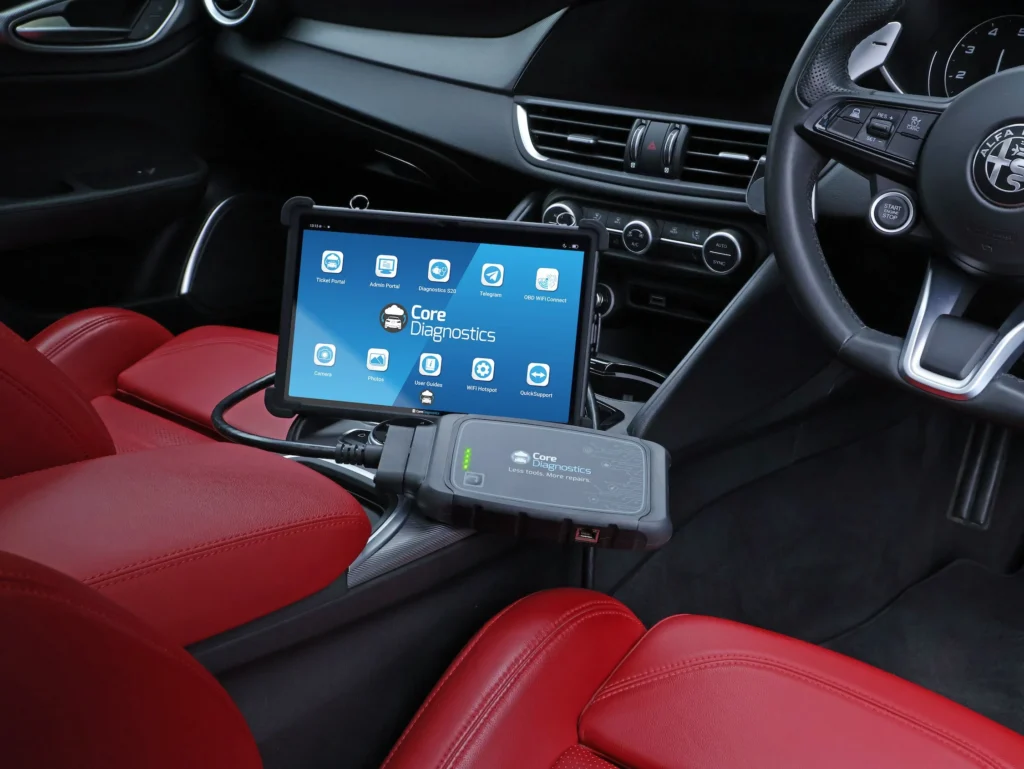[vc_row type=”in_container” full_screen_row_position=”middle” column_margin=”default” scene_position=”center” text_color=”dark” text_align=”left” overlay_strength=”0.3″ shape_divider_position=”bottom” bg_image_animation=”none”][vc_column column_padding=”no-extra-padding” column_padding_position=”all” background_color_opacity=”1″ background_hover_color_opacity=”1″ column_link_target=”_self” column_shadow=”none” column_border_radius=”none” width=”1/1″ tablet_width_inherit=”default” tablet_text_alignment=”default” phone_text_alignment=”default” overlay_strength=”0.3″ column_border_width=”none” column_border_style=”solid” bg_image_animation=”none”][vc_column_text]“I held a disciplinary meeting with one of my employees last week and, having sent him the notes I made, he has now revealed that he covertly recorded the meeting and says that he contests my record of the meeting. Is there anything I can do to stop this?”
Covert recording is an increasingly common phenomenon in the modern workplace. The development of technology, in particular recording Apps on mobile phones, has meant that many employees now try to record meetings and then use that evidence against their employer if there is a dispute.
There are a couple of areas to consider in the above scenario:
a) Firstly, covert recording can be a serious disciplinary issue. It certainly has the potential to undermine trust and confidence and further, since the introduction of the GDPR, the unauthorised recording of another individual also causes data protection issues, given that the Manager who is taking the meeting has had his or her voice recorded without consent. Furthermore there can be further problems with data security if the recording is then taken off site.
b) Employers are advised to make clear in disciplinary policies that covert recording is a serious disciplinary offence and some employers may choose to include it as one of the examples of gross misconduct in their disciplinary procedures. Doing so will strengthen an employer’s hand if, as in the above scenario, the employee then covertly records meetings knowing that they are in breach of such a policy.
c) Employers should be aware however, that when matters end up in the Employment Tribunal, even if there are covert recordings, Tribunals will often choose to hear or see the transcript of the recording if the matters are broadly relevant to the matters before the Tribunal claim.
That won’t always be the case in litigation, employers’ can apply to have such information excluded and it can depend upon the purpose of the recording. In a case this week, the Employment Appeal Tribunal has given a decision (Phoenix House v Stockman) noted that covert recording is usually a misconduct issue. It also noted the variety of purposes for making a covert recording, which are likely to be taken into account when considering whether the matter is misconduct and whether, if it ends up in the Employment Tribunal, covert recordings should be excluded. The purposes of the recording can, for example, be anything from entrapment, to an employee genuinely guarding against unfair or discriminatory treatment, having previously experienced the same.
What if an Employee asks to record the meeting?
Another scenario often faced by employers is where an employee asks if they can record the meeting in advance. Whilst it is acceptable for an employer to have a policy that it is not allowed, given that a recording is a completely neutral record of the meeting, employees who are seeking to bring claims against the employer can try to draw an adverse inference from an employer’s refusal to have a meeting recorded.
To overcome this issue, some employers are introducing policies whereby the employer records the meeting and keeps the data secure at the Company premises and provides one copy to the employee. This means that both employer and employee have a neutral recording of the meeting, from which a transcript can be made if matters end up in a dispute.
If you find yourself in any of the scenarios above, then you can always call the RMIF Legal Helpline for advice on the particular facts with your case.
Motor Industry Legal Services
Motor Industry Legal Services (MILS Solicitors) provides fully comprehensive legal advice and representation to UK motor retailers for one annual fee. It is the only law firm in the UK which specialises in motor law and motor trade law. MILS currently advises over 1,000 individual businesses within the sector as well as the Retail Motor Industry Federation (RMI) and its members.[/vc_column_text][/vc_column][/vc_row]




